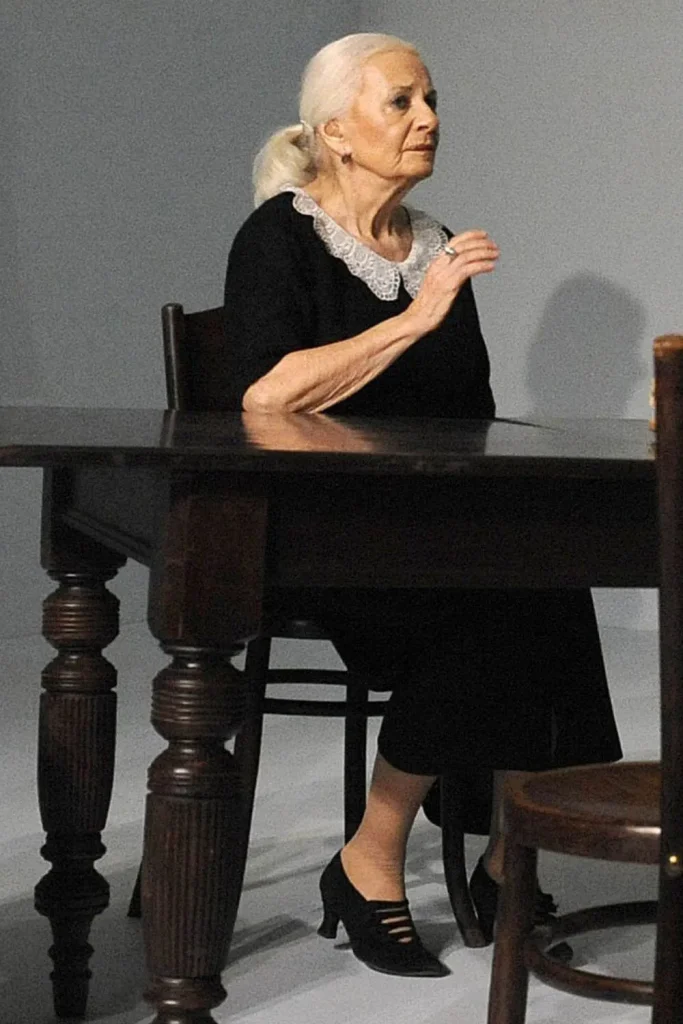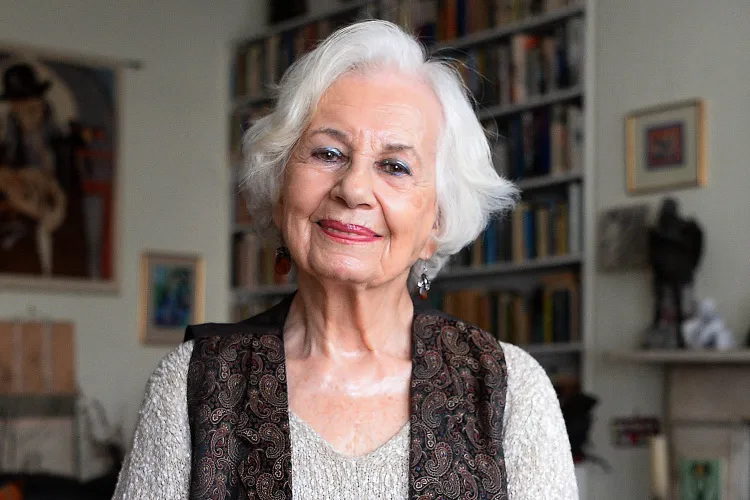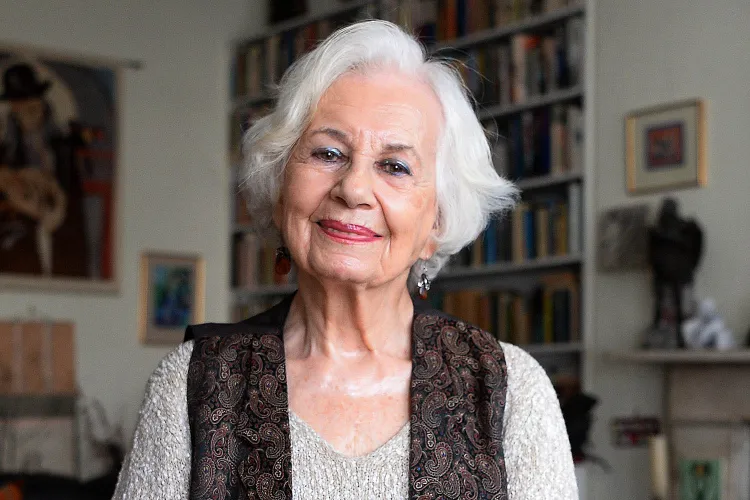Holocaust Survivor Ruth Posner, 90, and Husband Die by Assisted Suicide — Sending a Final Email Saying They Were “Not Living but Existing”
Ruth Posner lived a life that defied the odds. A Holocaust survivor, acclaimed actress, and lifelong advocate for hope, she spent nearly a century turning tragedy into resilience. Yet, in a decision that has stirred both heartbreak and reflection, Ruth and her husband, actor Cyril Shaps, ended their lives together through assisted suicide in Switzerland, leaving behind a final message that captured the weight of their choice. “We are not living but existing,” they wrote in an email sent to close friends, explaining their decision to pass peacefully side by side.

Ruth was 90 years old, and Cyril, her husband of six decades, was 93. For those who knew them, the couple’s bond was one of quiet strength and deep understanding. Their relationship began in the theater scene of postwar London — two artists rebuilding their lives in a world that had seen unthinkable darkness. They spent their lives surrounded by creativity, conversation, and compassion, often described by friends as inseparable. Even in their final moments, they chose unity over separation.
Ruth’s story began in Poland during one of history’s darkest chapters. Born in Warsaw, she was just a child when the Nazis invaded. Separated from her family, she survived by hiding and moving from place to place — an ordeal that would shape her forever. After the war, she relocated to the United Kingdom, where she rebuilt her life from nothing. She later became a member of London’s prestigious Polish Theatre and appeared in several stage and film productions, earning quiet admiration for her work and courage.
Her husband, Cyril, was a respected British actor, known for his appearances in films and television throughout the 20th century. But beyond their professional lives, they were known for the warmth they brought to everyone around them. Friends described their home as a safe haven — filled with art, laughter, and empathy. They had no children, but they built a family out of their community, always hosting gatherings and mentoring young performers.

In their final email, sent days before their deaths, the couple explained that they no longer wished to prolong the suffering that came with old age and declining health. “We have had a good life,” the message read, “but it is time.” It was a farewell that blended gratitude with sorrow — a reflection of two people who had already faced mortality once and refused to let it define them again.
Their decision was carried out legally in Switzerland, one of the few countries in the world where assisted suicide is permitted under strict regulations. Friends who received the email described being heartbroken but also understanding, saying it was a choice consistent with how Ruth and Cyril lived — on their own terms, with grace and conviction.
The news has sparked a broader conversation about aging, dignity, and choice at the end of life. For many, Ruth’s legacy is not her death but the incredible life she led. From a childhood marked by fear to a long adulthood defined by courage and creativity, she represented survival in its truest form. Her story reminds the world that survival is not just about living through pain, but also about knowing when life has been lived fully.
Even as people mourn their passing, Ruth and Cyril’s final act stands as a testament to the depth of their bond — two lives intertwined through love, history, and the will to decide their own ending. Their message, though heavy, carried no despair. It carried understanding. “We are not living but existing,” they wrote. But for those who remember them, Ruth and Cyril will forever live — in memory, in history, and in every quiet moment of courage that defines the human spirit.



